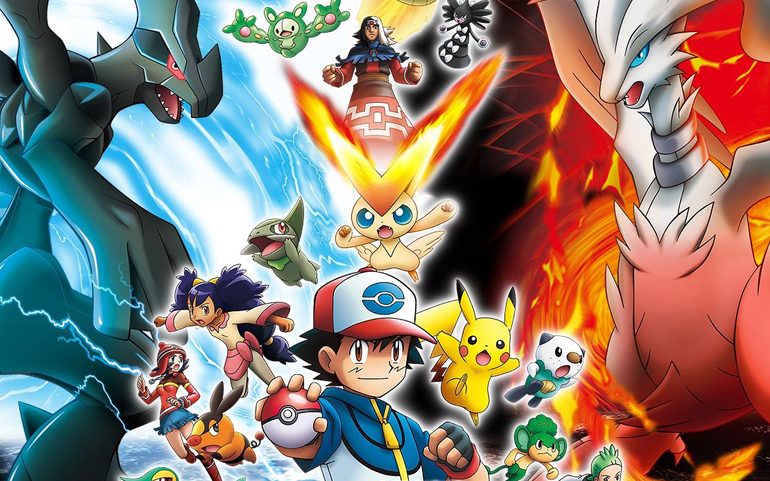
Video Games Are the Future of Modern Storytelling
I’m not afraid to admit that I’ve played video games for the majority of my life. My first ever encounter with the world of gaming was with the Pokemon series, specifically around the fourth generation of games. I was pretty young at the time, so I didn’t really get the concept of the plotline. All I cared about was catching and trading cute monsters to use in battle.
Then came Pokemon Black and Pokemon White, the next main games from the ones I was introduced to. I remember being super excited to pick my starter Pokemon, train them up, catch other Pokemon, fight the evil team, become the champion, and beat the big, bad guy in a Pokemon battle. This is how most of the games in the series go in terms of story. It’s the standard and was practically perfected years ago.
Throwing a wrench into Pokemon’s standard formula was a character named N. He was mysterious, morally gray, and I didn’t know what to expect out of him. As I continued on in the game and fought him–battle after battle–I grew emotionally attached to him. At first, this seemed odd to me. He was meant to be the player’s rival and when you heard the word “battle,” you’d assume a fight over ideals or morals.
But for the first time, I understood what a true Pokemon battle meant. It’s a battle that reveals a trainer’s true self. I learned about N’s hopes and dreams through the way we battled.
I followed N’s story as he discovered what he really wanted and, in the end, he decided to go on a journey of his own to find his purpose in life.
So, why can’t this be a movie? Or why wasn’t it a part of the official TV show? This generation of Pokemon had a proper structure to be watched and consumed, like many other shows and movies. It would make sense to adapt it for the big screen. It would attract new audiences, after all. Pokemon Black and White’s story was perfectly set up to be a cinematic journey, so why not?
Because being a spectator is boring.
Compared to conventional means of modern storytelling, video games allow players to interact with the world they’re playing in. Players can feel as if they are making a difference in the plot or they play a critical role in the story.
Even with a game as linear like Pokemon, the player still has choice in the little decisions they make, such as how they dress or customize their character, what Pokemon to add to their team, or how to spend their time in between major events.
To tell a truly immersive story in a video game, the player should have opportunities to interact with the game’s world.
When I say interact with the game’s world, I don’t necessarily mean see and touch every aspect of it. Take a game like VA-11 Hall-A (pronounced ‘Valhalla’): Cyberpunk Bartender Action for example. The game is limited to two main locations and the player is only provided information of other locations in Glitch City through the game’s forum system and the clients of the bar, VA-11 Hall-A. However, the information is not always clear, as it is told through the perspective of victims, bystanders, even people who are just living their lives out as normal citizens.
It is up to the player to piece together the entire story on their own from the words of others.
Worldbuilding does not always need to be created in a historical fiction novel. It can be told through a diverse set of characters. Even games without an overarching plot to advance them can become a player’s own story to tell. With the recently released Animal Crossing: New Horizons, I think it’s appropriate to use the series as a whole as an example.
Animal Crossing is extremely simple, but because of the laid-back nature and large amount of freedom that each game provides the player, it gives them time to make up their own story about their town and what their relationships with different animals are like. As each game progresses, the player is given more control over how their town can be changed, even becoming mayor in New Leaf, and what kinds of animals they can meet and befriend.
So, even without a story or conflict, a game can immerse players into following their own personal stories. Not everyone needs to be a “gamer” to enjoy these types of games, I know I wasn’t when I first played Pokemon. The enjoyment and understanding of the message a game attempts to get across to its audience is what makes it a truly immersive story to tell and share.
Video games are the future of modern storytelling. They bring us into worlds we couldn’t imagine reaching before through books, movies, or TV shows. Instead of helping us escape from this world we live in now, perhaps games can give us new ideas on how to better it for today’s society and for the future.

